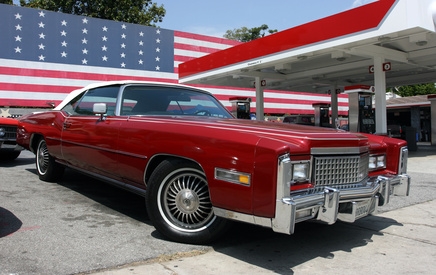
After deciding to sell a used car, you wish that you could simply place a quick ad, take a few phone calls and be done with it. Before selling the car, however, you must ensure that you comply with a variety of consumer protection and safety laws. Safety laws for used cars can vary from state to state so make sure to check with your state's department of motor vehicles to ensure you meet all local regulations.
In some states there are laws like the Massachusetts Used Vehicle Warranty Law. This law states that dealers or individuals must provide prospective buyers with a warranty against defects that affect the vehicle's safety or use. Sellers must also disclose any known safety defects. Trucks, vans and cars are covered in this law if they are sold in the state of Massachusetts, sell for at least $700 (if sold by a dealer) and have less than 125,000 miles on them (if sold by a dealer). If a private party sells the car, the new owner can return the car within thirty days if there is a violation of the law.
Several states like Connecticut, New Jersey and New Mexico have used car lemon laws. A lemon law for a used car often creates a certain warranty period during which the buyer can report any safety issues with the car. The seller is given the opportunity to repair those safety problems. If the repairs do not work, the seller must either replace the car or refund the buyer's money.
There is no law requiring for the inspection of used cars, but it is generally good practice to allow a potential buyer to have the car inspected. If you are not allowed to remove the car from your property for insurance reasons, there are mobile inspection companies that will visit your location to inspect the car for the buyer. It is a smart move to recommend that your buyer have the car inspected before buying. This will protect you from the buyer trying to return the car and saying that is was unsafe before it was purchased.
The Federal Trade Commission requires that dealers should post a buyers guide in all used cars that they sell. The guide must state whether the car is being sold with a warranty or "as is," that all promises must be made in writing, that the car should be inspected before purchase, the potential major problems that could occur in the car in its mechanical and electrical systems and what percentage of the repair costs the dealer will pay under a warranty. If a dealer does not provide the buyers guide, the sale can be made void and a refund will be required. A private party does not need to include a buyers guide.